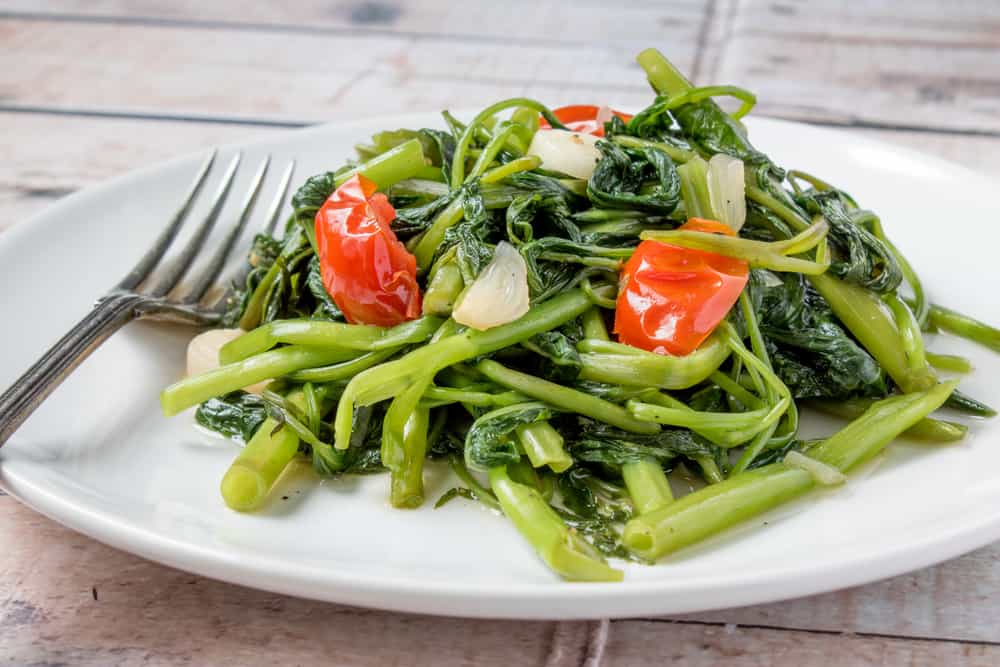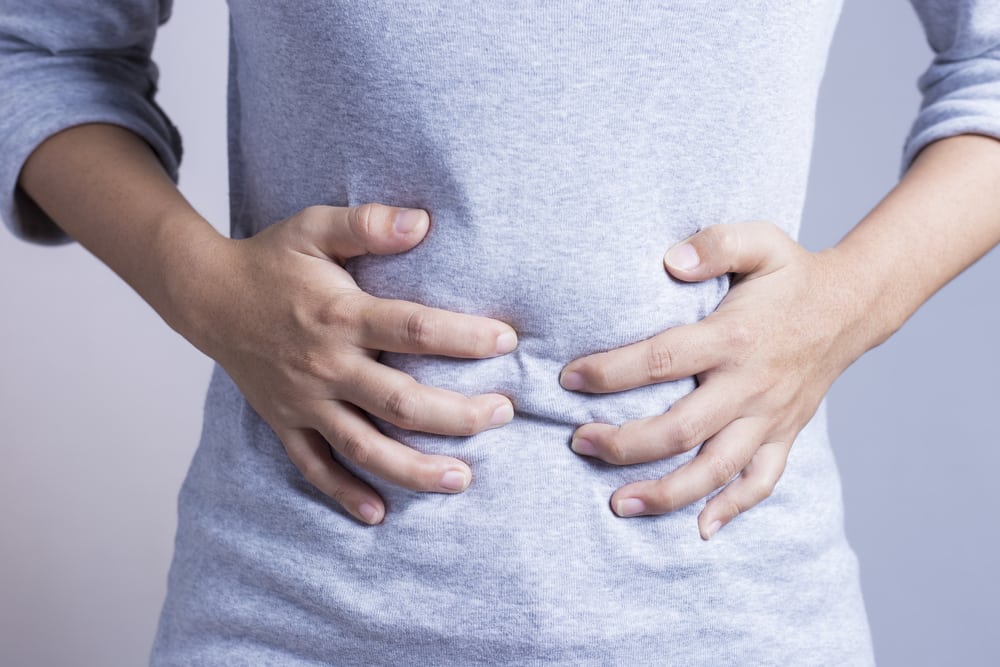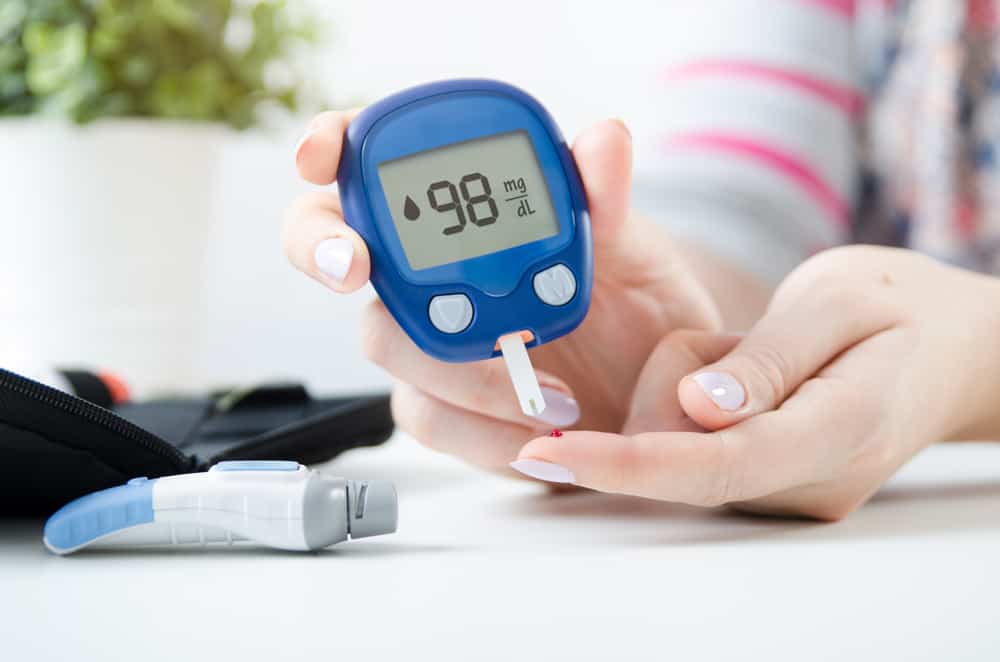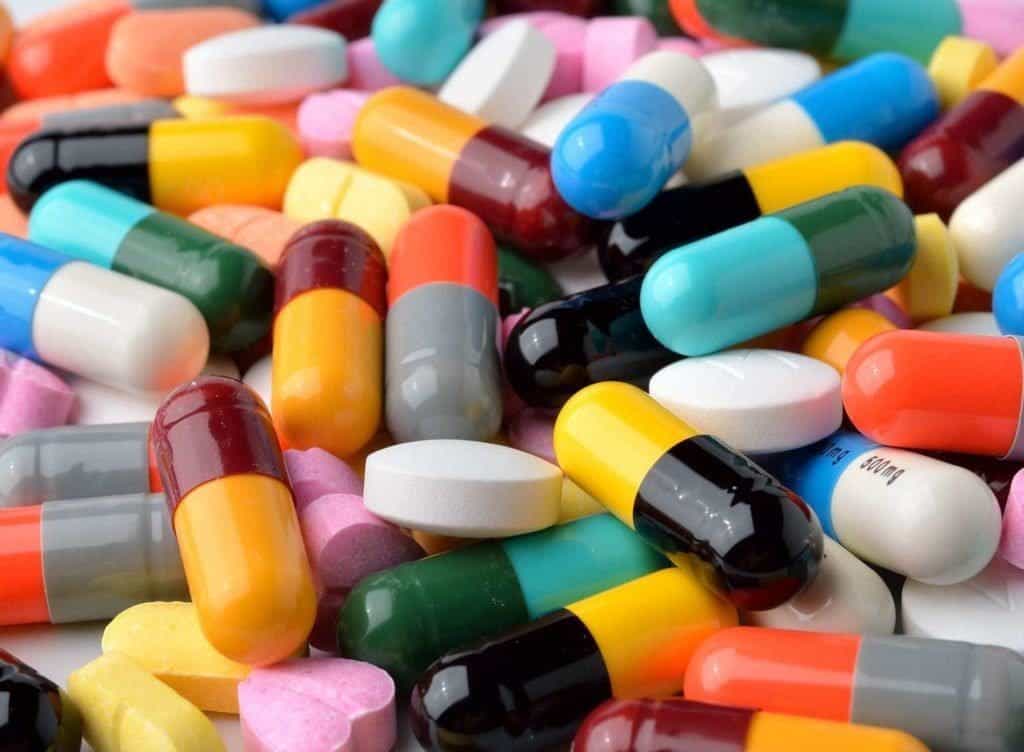Contents:
- Medical Video: NO More Bloating! (8 Foods That Fight Gas & Constipation)
- Is it true that water spinach includes gas-containing foods?
- Various gas-containing foods
- 1. Vegetables
- 2 pieces
- 3. Starchy foods
- 4. Milk and derivative products
- 5. Oatmeal
- 6. Red beans
- 7. Soda and soft drinks
Medical Video: NO More Bloating! (8 Foods That Fight Gas & Constipation)
Kangkung is a popular food among Indonesian people. Most people process this vegetable by sautéing or just boiling it. But he said, kale is one of the foods that contain gas and can cause bloating if consumed in excess. Is this correct assumption? Find out the answers in this article.
Is it true that water spinach includes gas-containing foods?
Foods that can cause bloating are foods that contain FODMAPs, which are short chain carbohydrates that can produce gas in the stomach. Not everyone is sensitive to FODMAPs. However, people who experience irritable bowel syndrome (IBS) tend to be more sensitive to FODMAPs.
For people who cannot digest FODMAPs, these carbohydrates will go to the end of the large intestine, the place where intestinal bacteria reside. In the large intestine, intestinal bacteria then use FODMAPs for fuel, which produce hydrogen gas and cause all kinds of symptoms of digestive disorders.
Research shows a strong relationship between the content of FODMAPs in certain foods with digestive disorders such as stomach upset, bloating, abdominal pain, diarrhea, even constipation (difficulty defecating).
However, until now it was unknown whether the spinach itself contained FODMAPs or not. Because the research conducted at Monash University did not mention water spinach as one of the foods containing FODMAPs. That is why, the assumption that water spinach is a gas-containing food and can cause bloating not yet scientifically proven.
Gas-containing foods (more precisely those with FODMAPs compounds) include several types of sugar, such as:
- Fructose, simple sugars that can be found in many fruits, vegetables and added sugars.
- Lactose, carbohydrates that can be found in dairy products such as milk.
- Fructans, which can be found in many foods, including gluten granules such as wheat.
- Galactans, which can be found in nuts.
- Polyol, or sugar alcohols such as xylitol, sorbitol, maltitol and mannitol which can be found in fruits and vegetables.
Various gas-containing foods
1. Vegetables
The sugar content in some types of vegetables can trigger stomach stomach. Some types of gas-containing foods are onions (all types of onions), asparagus, cabbage, celery, sweet corn, and broccoli.
Not only that, vegetables that contain high soluble fiber also have the potential to make a lot of gas. However, soluble fiber is also needed by the body, so don't avoid these foods, but adjust the portions.
2 pieces
Most fruits contain sorbitol sugar. Sorbitol can cause excessive gas production. Fruits containing sorbitol include apples, peaches, pears, mangoes, and plums. Sorbitol sugar can also be found in some types of gum.
3. Starchy foods
Starchy or starchy foods generally contain high carbohydrates which can cause the digestive tract to produce excess gas when starch is broken down into energy. High-gas foods such as bread, cereals and pasta.
4. Milk and derivative products
Milk and dairy products contain sugars called lactose. Lactose is a type of sugar that is difficult to digest when the body does not have enough lactase enzymes to digest lactose. Some types of dairy products include cheese, ice cream, and yogurt.
5. Oatmeal
Although oatmeal is a good and healthy breakfast choice, it is included in gas-containing foods. This happens because oatmeal contains starch, raffinose sugar, and also high soluble fiber. But these side effects generally vary for everyone.
6. Red beans
Red beans are a type of healthy food, but can cause gas production to increase. The reason is, red beans contain refined sugar and soluble fiber which is quite high. So that makes the digestive tract produce gas in the intestine. Other legumes which also contain gas are cashews and pistachios.
7. Soda and soft drinks
Carbonation contained in soda is air that causes excess gas in the digestive system. Not only that, the content of fructose, sugar which is used as a sweetener in a number of soft drinks, can also produce gas because it is difficult to digest.













